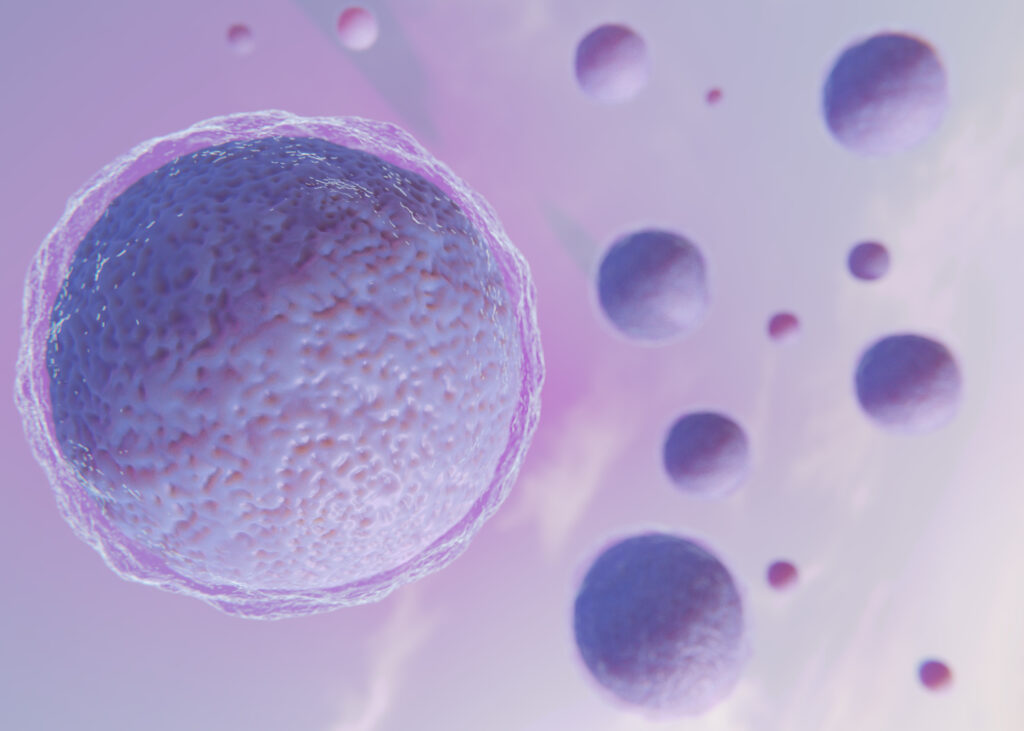Unraveling the Maze: A Comprehensive Guide to IVF Success Rates

Life, in all its complexity and wonder, often throws us curveballs, doesn’t it? One of these curveballs can be the journey towards parenthood, a journey filled with hope, heartache, and resilience. But amidst this maze of emotions, medical jargon, and fertility treatments, one phrase often steals the spotlight – IVF success rates. This comprehensive guide aims to unravel this complex concept, dispelling myths and offering you tangible insights on the road to parenthood through IVF. Buckle up, and let’s dive right in.
IVF Success Rates: The Grand Picture
IVF, or in vitro fertilization, is more than just a buzzword; it’s a beacon of hope for countless couples striving to start a family. Now, when we talk about IVF success rates, we’re essentially playing a numbers game. The success rate refers to the percentage of all IVF procedures resulting in a successful pregnancy. While this may seem like a simple concept, it’s far from it.
Several elements come into play in determining these rates – from age and lifestyle factors to the type of infertility and the quality of the clinic. Therefore, understanding the nitty-gritty of IVF success rates requires that we delve into each of these factors, one by one.
1. The Age Factor
Age ain’t nothing but a number, they say. But in the world of IVF, it’s a crucial number that can tip the scales of success. Why, you ask? The answer lies in the quality and quantity of a woman’s eggs, which tend to decline as she ages.
2. Lifestyle Choices and IVF Success Rates
Smoking, heavy drinking, and obesity – these aren’t just detrimental to overall health but can significantly impact success rates too. A healthy lifestyle can provide a crucial boost to your IVF journey.
3. Infertility Type and its Role in Success Rates
The type of infertility condition can dramatically influence success rates. Conditions like uterine abnormalities, diminished ovarian reserve, or severe male infertility can pose challenges to IVF success.
4. The Clinic’s Quality – A Crucial Piece of the Puzzle
The quality of your chosen IVF clinic plays a vital role in the success of the procedure. The competence of the medical team, laboratory standards, and the clinic’s approach to embryo transfer can all influence success rates.
IVF Success Rates: Comparing Apples to Apples
Now that we’ve unraveled the key factors affecting success rates, it’s essential to put these numbers into perspective. Comparing it can be akin to comparing apples to oranges if you’re not considering the relevant parameters.
Improving IVF Success Rates: What Can You Do?
While some factors influencing it are beyond our control, certain steps can enhance your chances. Let’s unpack these, shall we?
1. Healthy Lifestyle Choices
Cutting down on the smokes, reducing alcohol intake, maintaining a healthy weight – these lifestyle modifications can go a long way in boosting success rates.
2. Choosing the Right Clinic
Don’t shy away from doing your homework when picking an IVF clinic. Look into their success rates, the expertise of their staff, and their approach towards IVF.
3. Consider PGT-A
PGT-A or Preimplantation Genetic Testing for Aneuploidies can help identify embryos with the correct number of chromosomes, thereby increasing the likelihood of a successful pregnancy.
4. Emotional Well-being
Stress, anxiety, and emotional turbulence can take a toll on your IVF journey. Seek emotional support, practice mindfulness, and focus on your mental well-being to enhance your chances.
FAQs on IVF Success Rates
To provide an even clearer picture, let’s tackle some of the most frequently asked questions.
1. What is the average success rate of IVF?
While it varies based on numerous factors, the average for women under 35 is about 40%. However, this rate declines as women age.
2. How does age affect IVF success rates?
Age plays a significant role in IVF success rates due to the quality and quantity of a woman’s eggs. Younger women usually have higher success rates compared to older women.
3. Can lifestyle changes improve IVF success rates?
Absolutely! Adopting healthy habits such as maintaining a balanced diet, regular exercise, limiting alcohol intake, and quitting smoking can improve your chances of successful IVF.
4. How does the choice of clinic impact IVF success rates?
The quality of the IVF clinic is crucial. Factors such as the expertise of the medical team, the quality of the laboratory, and the clinic’s approach to embryo transfer can all influence the success rate.
5. Can multiple IVF cycles improve success rates?
Yes, undergoing multiple cycles can increase cumulative success rates. However, it’s essential to discuss this with your healthcare provider.
6. What is PGT-A and how can it help?
PGT-A or Preimplantation Genetic Testing for Aneuploidies helps identify embryos with the correct number of chromosomes. This can increase the likelihood of a successful pregnancy.
7. What to do during the TWW?
The two-week wait (2WW) is the time from ovulation and potential conception until the time you can take a pregnancy test. You should keep your mind occupied, maintain a balanced lifestyle and exercise.
Conclusion
Navigating the world of IVF success rates can indeed feel like traversing a maze. However, equipped with the right information and understanding, this journey can become less daunting. Remember, while IVF success rates offer a benchmark, each journey is unique. Embrace yours, make informed choices, and never lose hope.
Final Thoughts
There’s no sugar-coating the fact that IVF can be a challenging journey, one paved with hurdles and high stakes. But hold on to hope, keep your chin up, and remember – you’re stronger than you think!
Our goal is to provide precise and helpful fertility information, but please know that each person’s experience is distinct. This content offers general knowledge and may not be directly applicable to you. For tailored guidance, always speak with a licensed doctor who understands your medical background.
To enhance fertility naturally, look beyond just medical options. Managing stress, eating well, exercising regularly, and getting enough sleep are vital. Small changes, such as using mindfulness or yoga for stress, and valuing quality sleep, can improve well-being and contribute to a holistic fertility plan. Always seek professional guidance from a fertility expert for tailored recommendations, as your health journey is distinct.











